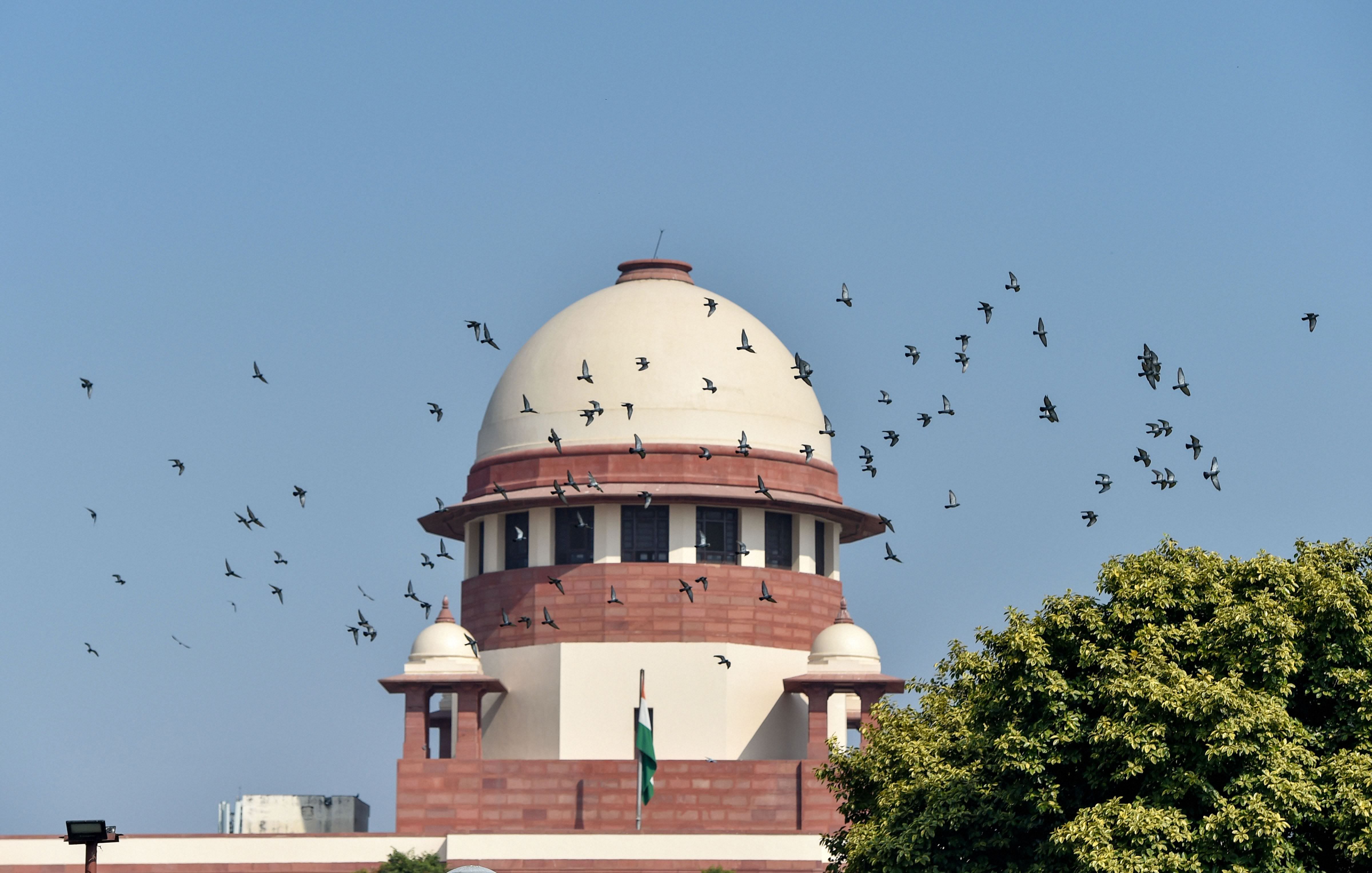
The Union Cabinet’s approval to amend the Medical Termination of Pregnancy (MTP) Act 1971 by enhancing the upper gestation period from 20 to 24 weeks for special categories of women is a welcome step.
Often, due to social stigma, many young unmarried women fall prey to clandestine and unsafe abortions which is the third leading cause of maternal deaths in the country. Nearly 6.4 million pregnancies are terminated in India every year and 13 women die daily due to unsafe abortion-related causes.
The special categories of women which shall be defined in the amendments to the rules include vulnerable women including survivors of rape, victims of incest and others like differently-abled women, minors etc.
The upper gestation limit will not apply to cases of substantial foetal abnormalities diagnosed by the Medical Board to be prescribed separately in the rules under the Act. Notably, the name and other particulars of a woman whose pregnancy has been terminated shall not be revealed except to a person authorised in any law for the time being in force.
Modelled on the United Kingdom’s Abortion Act of 1967, the MTP Act enacted in 1971 was meant to provide a qualified `right to abortion'. Even though the legislation allows abortion until 20 weeks, between April 2016 and July 2019, nearly 40 petitions (as many as 33 of these cases were by rape victims) seeking to terminate pregnancies had to be filed in courts across the country because of doctors’ refusal to perform them.
A 22-year-old woman who approached the Supreme Court had crossed 24 weeks of pregnancy. She sought directions to allow her to undergo medical termination of her pregnancy as she apprehended danger to her life as her foetus was diagnosed with anencephaly, a defect that leaves the foetal bones unformed.
It is not only untreatable but also certain to cause the death of the infant during or shortly after birth. The Medical Board constituted by the court had declared that the foetus would not be able to survive outside the uterus and the continuation of pregnancy can gravely endanger the physical and mental health of the woman.
Although the pregnancy was into the 24th week, the SC observed “having regard to the danger to the life and the certain inability of the foetus to survive extrauterine life, we consider it appropriate to permit the petitioner to terminate the pregnancy. The overriding consideration is that she has a right to take all such steps as necessary to preserve her own life against the avoidable danger to it”.
Despite efforts undertaken by NGOs and concerned citizens, an amendment to the MTP Act has been pending for quite some time. However, in 2017, a 10-year-old rape survivor’s plight, set the ball rolling for the amendment to the abortion law.
Sexually assaulted by her uncle over seven months, her pregnancy was discovered when she complained of severe stomach pain and her parents got her checked at a local hospital. The rare medico-legal case had left many a medical expert literally dumbfounded.
After her doctors declared that the minor, whose pelvic bones had not yet developed, cannot tolerate a full-term pregnancy, a local court’s permission was sought to abort the foetus.
Physical trauma
It was rejected on the basis of a report by doctors which said that if the girl went in for an abortion, there could be high chances of physical trauma considering her age and health. Moreover, three years ago she had undergone surgery for a hole in her heart.
The girl moved the Supreme Court and her petition also sought to amend Section 3 of the MTP Act, 1971 to lift the 20-week ceiling over the termination of pregnancies particularly involving child rape survivors after obtaining a requisite opinion from a permanently constituted medical board.
The court, however, dismissed her plea for terminating the 32-week-old pregnancy after taking note of a medical report that abortion was neither good for the girl nor for the foetus.
While amendments to the half a century-old MTP Act is essential, there is an imperative need to spread awareness besides strengthening safe abortion services and put in place standardised protocols to facilitate medical termination of pregnancies along with a cap on such costs so that it doesn’t lead to mushrooming of unsafe abortion services.
With less than 2% of the GDP going into healthcare and the country accounting for 12% of global maternal mortality deaths, an audit of the public health system is necessary. Primarily, the primary healthcare facilities especially in the rural areas, which lack trained professionals, have to be strengthened.
In many places, due to the poor state of healthcare institutions, among other things, patients are left vulnerable to infections owing to unhygienic conditions and hastily conducted procedures by overburdened doctors.
As gaps in infrastructure explain infant mortality, care and proper nutrition during pregnancy can help overcome low birth weight, neonatal infections, birth asphyxia or trauma. To enable expectant mothers to take the right and timely decision for themselves and their unborn babies, society can play a vital role.
(The writer is a student of Forensic Science, Galgotia University, Greater Noida)